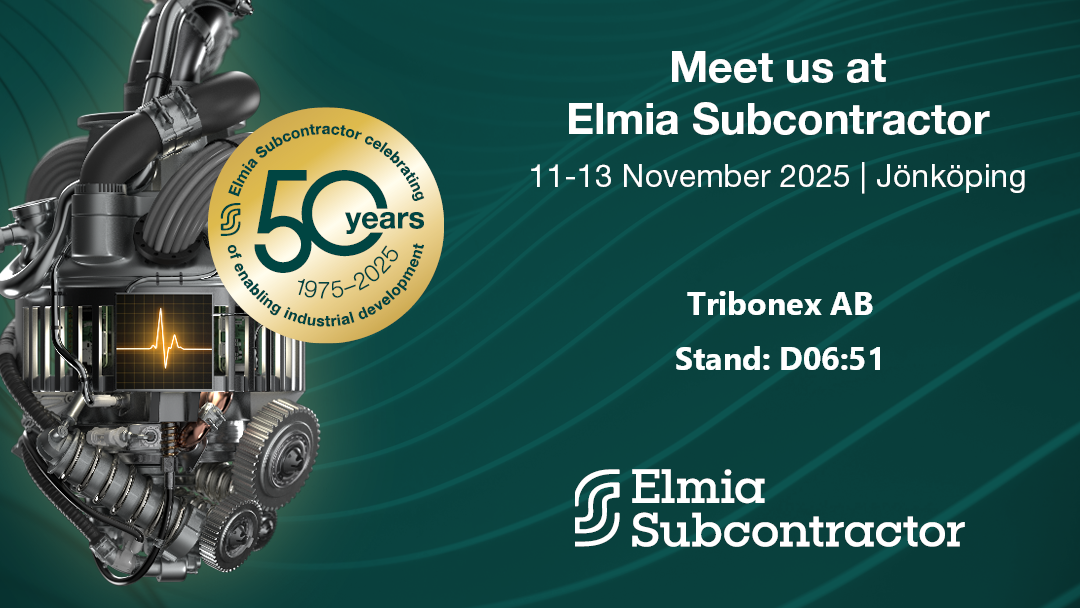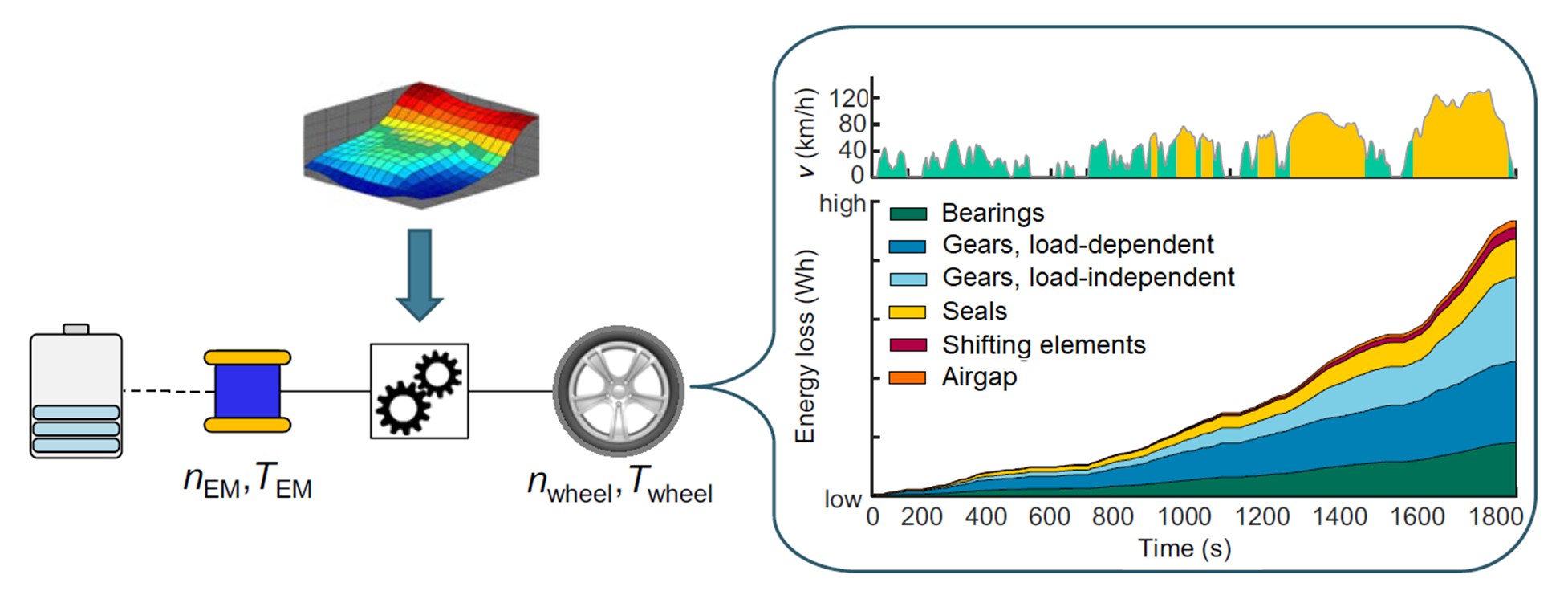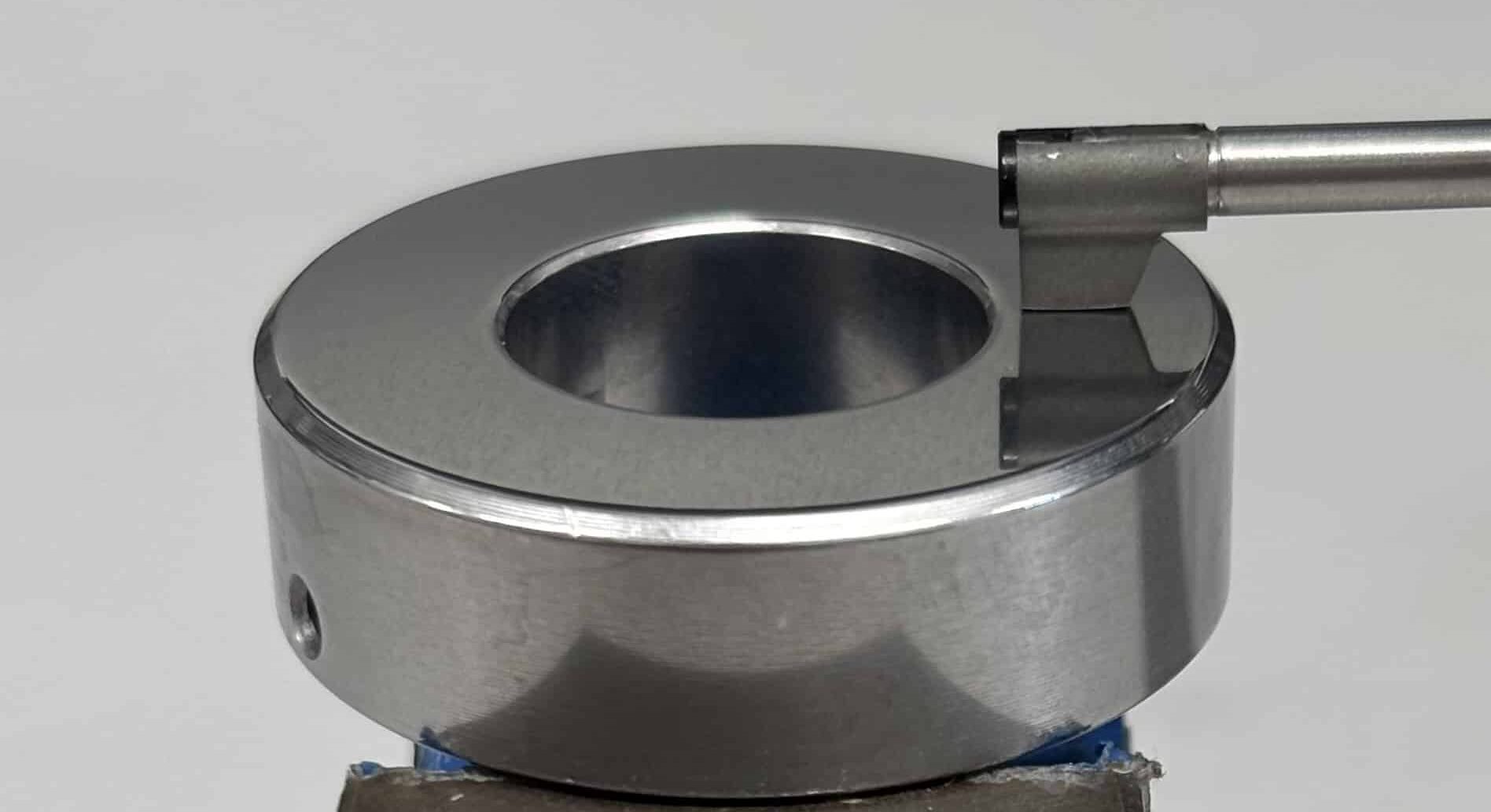Friction optimization of engine parts for less wear, longer service life and lower fuel consumption
Applied Nano Surfaces, Erkrath in Nordrhein-Westfalen, September 2019
https://www.maschinenmarkt.vogel.de/
Applied Nano Surfaces (ANS), a specialist in surface optimization, has developed a process to optimize wear and service life of engine components. In addition, reduced friction of the drive components in passenger car engines can even result in fuel savings of up to four percent. The tribo-conditioning process for friction optimization significantly improves the properties of the component in terms of wear resistance and boundary friction. So that the automotive industry can continue to comply with ever stricter legal standards in the future. In addition, lower wear means a significantly longer service life.
Triboconditioning is a mechanical-chemical surface refinement process for optimizing the friction properties of mechanical components made of steel or cast iron. The process combines the polishing of the component surface with the formation of a solid lubricant film (tribofilm), which is chemically bound to the surface of the component. This improves in particular the running-in behaviour of treated components, which is of great importance as better run-in engine parts remain in good condition over a much longer period of time.
When an engine is run in optimally, surface irregularities of the individual components are smoothed out and local pressures between the individual friction parts are reduced. This then favors full-film lubrication, which leads to dramatically less wear and lower fuel consumption. The patented ANS triboconditioning of engine parts improves this contact conformity. This is because the component surface is quickly damaged by microcracks and chipping, especially during running-in, which can lead to premature failure of the parts. The more advantageous surface increases the lubricating film strength, which in turn enables automobile manufacturers to use modern energy-saving lubricants. Triboconditioning alone has the potential to improve fuel consumption in modern engines by about one percent. In combination with low-viscosity engine oils, however, car manufacturers can even achieve fuel savings of two to four percent.
Various engine components benefit from triboconditioning, including camshafts, crankshafts, cylinder bore surfaces, connecting rods, rocker arms and cams, valves and valve guides. Triboconditioning therefore helps to prevent wear and tear and friction on all components in the lubricated contact.
Triboconditioning for cams and bearings of camshafts and crankshaft bearings: inexpensive and less complex
The triboconditioning of camshafts reduces friction and thus wear in the valve train. The specialists at ANS were able to measure the greatest advantages for direct-acting mechanical bucket (DAMB) valve trains in high-emission stop-and-go city traffic. The effect of ANS triboconditioning can be attributed primarily to the optimized surface topography. In addition, the tribological layer prevents the oil film from tearing off at low speeds, which prevents wear on cams and bearings.
Modern automatic start/stop systems and engine oils with an extremely low viscosity in particular tend to stress the camshaft bearings to their limits, leading to premature wear. Many car manufacturers therefore use electric oil pumps that reduce the risk of oil film breakage but cannot completely eliminate it. Compared to electric pumps, triboconditioning of camshaft bearings is the much more cost-effective and significantly less complex solution.
Due to the use of start-stop technologies and low-viscosity oils, crankshaft bearings also have an increasing need to optimize tribological behavior. This is because repeated starting and stopping of the engine increases friction losses enormously and exposes the bearings to a significantly higher surface load. This has made it necessary to use increasingly advanced and expensive materials. This increases production costs and can cause unwanted noise levels in the engine. Similar to camshafts, the ANS triboconditioning helps to increase the lubricating film strength on the crankshaft bearings, to minimize the starting friction and the bearing abrasion on the mating surface of the crankshaft journals.
Five years of tests prove: Triboconditioning works!
The technical potential of triboconditioning has been proven by intensive tests. These tests took place for five years at several research and technology centers for a wide variety of engine components such as valves, connecting rods and cylinder bores, both for passenger cars and commercial vehicles. Among others at the car manufacturer Ford.
The measurable optimisation can be attributed to three main factors: the formation of a self-regenerating tribological film, the improvement of surface integrity after running-in and a modified surface roughness profile.
About ANS
Applied Nano Surfaces (ANS) offers solutions for friction and wear reduction for industry and especially the automotive sector. The uniqueness of the ANS technology is the optimization of all treated components using a technology that can be easily and cost-effectively implemented into existing production processes. For lower friction and increased wear resistance!



